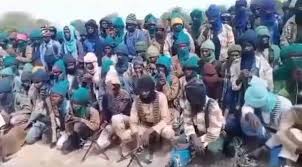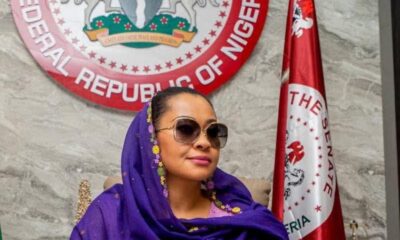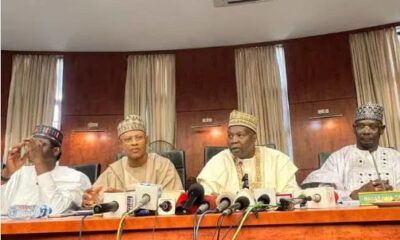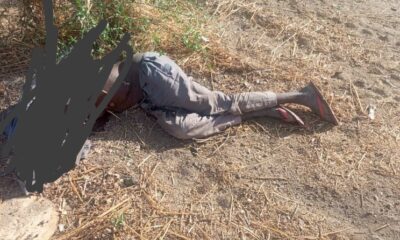Crime & Law
Islamic State adopts Lakurawa as covert operations arm, establishes new strategic corridor

The Islamic State’s Sahel Province (ISSP) has formally acknowledged the Lakurawa terror group as its secretive operational arm, effectively bridging two of its major regional factions—Islamic State in the Greater Sahara (EIGS) and Islamic State West Africa Province (ISWAP).
The development was made known in a report released Saturday by counter-insurgency specialist and security analyst Zagazola Makama, following coordinated attacks in Niger on May 4 that claimed dozens of lives.
“On that day, armed militants attacked Dogonkiria in Dosso region, killing at least 30 security force personnel, and Danga in Tillabéri region, where six volunteer fighters for the defense of the homeland (VDPs) were slain.”
Makama’s report notes that the newly confirmed link between Sarma Forest in Nigeria and Anderamboukane in Mali—via central Niger—will significantly enhance militant operations, including arms movement, intelligence exchange, and hostage transfers. “This corridor, long suspected by observers, has now been confirmed as a key axis for extremist logistics,” the report stated.
READ ALSO: Lakurawa terrorists kill 3 telecom workers installing surveillance mast
Intelligence sources suggest this latest move by ISSP marks a pivotal evolution in the group’s regional strategy, underscoring increased coordination and mobility, especially in light of reduced international security presence in Niger. The vacuum left behind has been exploited to intensify attacks and establish a broader influence across strategic locations.
The central belt of Niger—long plagued by violence, sabotage, and civilian displacement—is reportedly sliding further into ISSP’s control. Incidents that were once unattributed are now believed to be part of a deliberate campaign to dominate this vital passageway.
Zagazola warned that if the current momentum is left unchecked, the broader West African security framework could unravel, with the consequences reaching well beyond the Sahel region into Nigeria.
He emphasized the need for “renewed multilateral cooperation and intelligence-sharing, transcending political divisions and post-coup dynamics.”
In earlier assessments, Zagazola had raised concerns about the growing footprint of the Lakurawa group, describing it as a front for EIGS activities. With ISSP’s latest acknowledgment, those warnings have gained renewed urgency, reinforcing the call for robust regional counterterrorism efforts and unity.
























